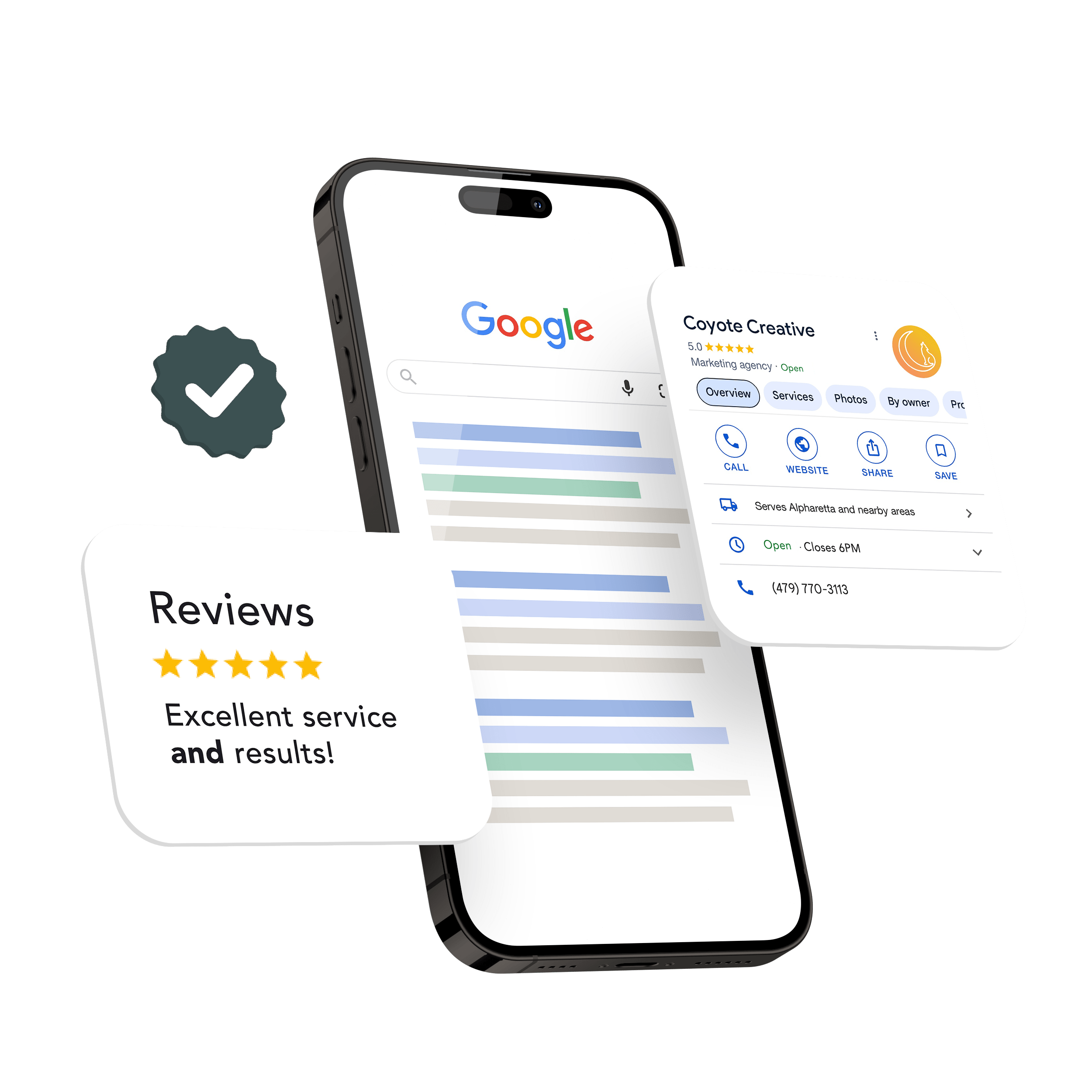
We don’t post generic content. We plan, write, schedule, engage, and optimize so your brand shows up with purpose and consistency. Whether you're too busy to post or unsure where to start, we handle the strategy and execution to help you grow your presence without adding to your plate.
We map out your posts in advance based on seasonal moments, business goals, and platform trends.
From writing captions to choosing images, we create and schedule each post so your feed stays active and aligned.
We tailor each post for visibility — with smart hashtag research, keyword usage, and native formatting.
We monitor and respond to comments, messages, and mentions to help you stay connected without getting overwhelmed.
Know what’s working and why. Our reports break down performance metrics and offer insights for future content.
Stories, Reels, contests, or influencer outreach — we can customize your package to support specific goals.





Use the form to book a free strategy session or give us a call to start the conversation — 479-770-3113.

© 2025 Coyote Creative, All Rights Reserved. Made by Coyote Creative
Proudly serving clients in the Atlanta Metro area, Northwest Arkansas, and nationwide. Meet us for coffee in Atlanta, Alpharetta, Roswell, Milton, Sandy Springs, Bentonville, Fayetteville, Rogers, or Springdale — or meet us online for a virtual chat.